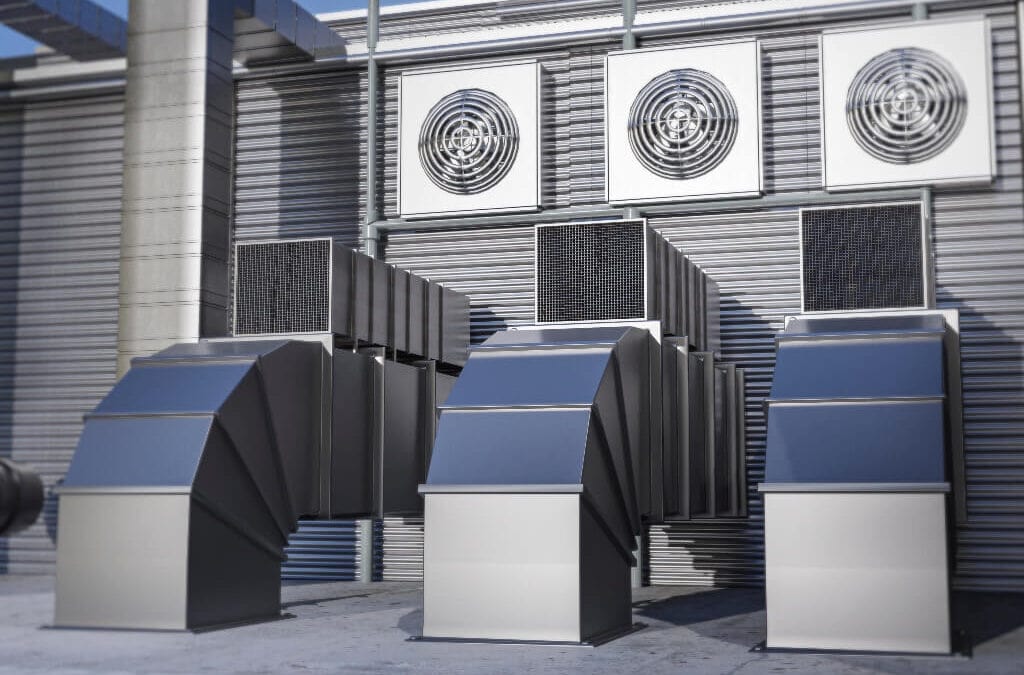Hvac Systems

HVAC Systems: Towards Sustainable Comfort
HVAC systems play a pivotal role in providing indoor comfort, but their impact on the environment and energy consumption cannot be overlooked. In this article, we will delve into various HVAC subcategories, emphasizing practices that prioritize environmental sustainability and minimize energy consumption. Our commitment is not just to comfort but to responsible and eco-friendly HVAC solutions.
1. Air Cooled Chiller Systems
Air-cooled chiller systems are essential for temperature regulation in various settings. Exploring eco-friendly refrigerants, optimal system designs, and energy-efficient operation will be highlighted to underscore our dedication to minimizing environmental impact.
2. Water Cooled Chiller Systems
Water-cooled chiller systems, while effective in cooling, can have substantial environmental implications. This section will discuss strategies such as water conservation, efficient heat exchange, and responsible refrigerant choices to underscore our commitment to sustainability.
3. Heat Pump Chiller Systems
Heat pump chiller systems offer a versatile solution for both heating and cooling. Our focus will be on maximizing the efficiency of these systems through renewable energy integration, geothermal applications, and responsible refrigerant management.
4. Natural Resource Systems
Exploring HVAC systems that harness natural resources, such as solar or geothermal energy, will be a central theme. Emphasizing the use of renewable resources aligns with our commitment to eco-friendly and sustainable HVAC practices.
5. Heating Systems
Efficient heating systems are crucial, especially in colder climates. This section will discuss advancements in heating technologies, the integration of renewable energy for heating purposes, and responsible fuel choices to minimize environmental impact.
6. Heat Recovery Systems
Heat recovery systems are integral for optimizing energy usage within HVAC setups. Our discussion will revolve around how these systems contribute to energy efficiency, reduce overall energy consumption, and minimize the ecological footprint.
7. Ventilation Systems
Proper ventilation is essential for indoor air quality. Exploring energy-efficient ventilation systems, air purification technologies, and responsible exhaust management will underscore our commitment to creating healthier indoor environments with minimal environmental impact.
8. Air Conditioning Systems
Air conditioning systems are synonymous with comfort but can be energy-intensive. This section will highlight advancements in energy-efficient cooling technologies, responsible refrigerants, and system designs that prioritize both comfort and environmental sustainability.
Commitment to Environmental Responsibility
Throughout this exploration of HVAC systems, it’s essential to reiterate our commitment to practices that respect the environment and minimize energy consumption. From choosing eco-friendly refrigerants to optimizing system designs for efficiency, our focus is on providing comfort responsibly.
In conclusion, as we navigate through the intricacies of various HVAC systems, the underlying theme remains clear – our dedication to sustainable solutions that prioritize environmental health and energy conservation. By embracing eco-friendly practices in HVAC design, installation, and operation, we can create a future where indoor comfort coexists harmoniously with environmental responsibility.


